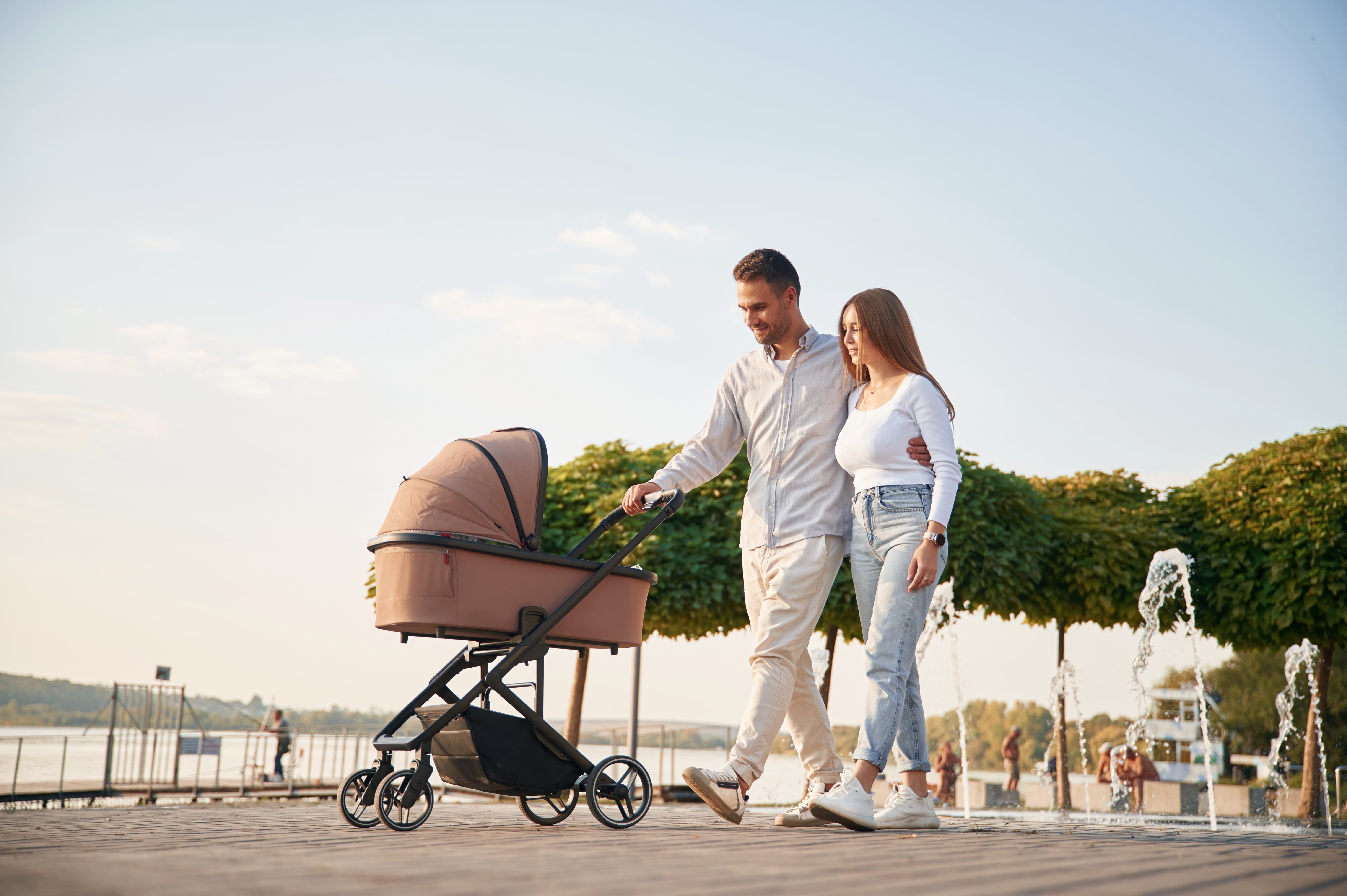This Is A Pram Success Story You'll Never Believe
Understanding Prams: A Comprehensive Guide
Prams, brief for 'perambulators', are an important tool for parents and caregivers with infants. These wheeled devices supply a safe and comfy way to carry babies, making getaways more manageable. Nevertheless, prams are not simply about benefit; they are also a crucial element of kid development and safety. This article looks into the types, advantages, and considerations when selecting a pram, making sure that parents are knowledgeable in their choice.
Kinds of Prams
Prams differ widely in regards to design, performance, and features. Comprehending the types available can help moms and dads select the right one for their needs.
1. Standard Prams
Conventional prams are traditional baby carriages that generally come with a deep lying-down cot. They offer a smooth trip, allowing infants to lie flat and easily when out and about.
2. Travel Systems
These are flexible options that integrate a stroller and a cars and truck seat, making shifts smooth for moms and dads who frequently travel. Travel systems assist in simple transfer in between car and pram without disturbing the baby.
3. Umbrella Strollers
Lightweight and compact, umbrella strollers are ideal for moms and dads who require a portable alternative. Though they often have fewer features and may not appropriate for newborns, they are excellent for older babies and toddlers.
4. Jogging Strollers
Created for active parents, jogging strollers have larger, more steady wheels and a sturdy frame, allowing them to handle bumpy surface. These are best suited for families who delight in outdoor activities and wish to include fitness into their parenting routine.
5. Double Prams
For households with twins or brother or sisters of close age, double prams offer area for 2 children side by side or one behind the other. They provide similar safety and convenience features as single prams however cater to several passengers.
Advantages of Using a Pram
Prams provide many advantages for both children and parents:
Safety: Prams supply a safe and enclosed area for infants and young children, securing them from possible hazards.
Convenience: Many prams are designed with padded seats, sunshades, and adjustable recline positions to keep babies comfortable during trips.
Convenience: Prams make it easier for moms and dads to navigate, especially in urban environments where bring a baby can become cumbersome.
Versatility: With various styles readily available, prams can adapt to various way of lives, whether it's casual walks, jogging, or traveling.
Bonding Time: Using a pram enables moms and dads to be physically near to their baby while exploring and taking pleasure in different environments together.
Choosing the Right Pram
Choosing the perfect pram can be overwhelming offered the wide variety of alternatives. Here are some factors to consider to guide parents:
1. Age of the Child
- Newborns: Look for prams that use complete recline choices and compatibility with infant vehicle seats.
- Infants: Choose a versatile model that permits a shift to an upright position.
- Toddlers: Lightweight and easy-fold designs can be more useful.
2. Lifestyle
- Urban: A compact, easily maneuverable pram is vital for navigating city streets.
- Active: Those who jog or go on hiking journeys must think about a robust jogging stroller.
- Travel: Models that are quick to fold and light-weight are better for parents on the go.
3. Budget
Prams can range from economical to high-end designer alternatives. Identify the necessary features you need and avoid unneeded costs.
4. Safety Standards
Make sure the pram adheres to local security regulations and functions security harnesses, brakes, and strong building materials.
5. Practical Features
Consider functions like storage area, removable seats for simple cleansing, weather condition canopies, and adjustable deals with based upon personal choice.
Table of Key Pram Features
Type of Pram
Secret Features
Appropriate Age
Cost Range
Standard Prams
Deep cot; great suspension
Newborn to 6 months
₤ ₤ – ₤ ₤ ₤
Travel Systems
Stroller and car seat combination
Newborn onwards
₤ ₤ – ₤ ₤ ₤ ₤
Umbrella Strollers
Lightweight; simple fold
6 months onwards
₤ – ₤ ₤
Jogging Strollers
Sturdy wheels; security harness
6 months onwards
₤ ₤ – ₤ ₤ ₤
Double Prams
Seats for two kids; varied layouts
Newborn to young child
₤ ₤ ₤ – ₤ ₤ ₤ ₤
FAQs About Prams
1. For how long can I utilize a pram for my kid?
The majority of prams are developed to accommodate children from newborn through to about 4 years of age, depending on the design and weight limit.
2. Can I utilize a pram for jogging?
Only utilize a jogging stroller for jogging or running. Routine prams are not developed to stand up to such high-impact activities.
3. How do I clean my pram?
Many pram fabrics can be area cleaned up with moderate soap and water. Removable covers frequently can be device washed, though it's essential to read the manufacturer's guidelines.
4. What is the weight limitation for prams?
This varies by design however typically varies from around 50 lbs to 75 pounds. Always inspect the specs before making a purchase.
5. How do I securely secure my baby in the pram?
Make sure that your baby is safely secured in with the five-point harness, and never leave them ignored in the pram.
Selecting the ideal pram is an important choice for moms and dads, which involves weighing various factors such as security, convenience, and benefit. Understanding Stroller Prams UK of prams offered and their respective features enables parents to make informed choices that best fit their family's needs. By prioritizing security and performance, caretakers can ensure that walks, runs, and getaways with their kids are comfortable and enjoyable experiences.
